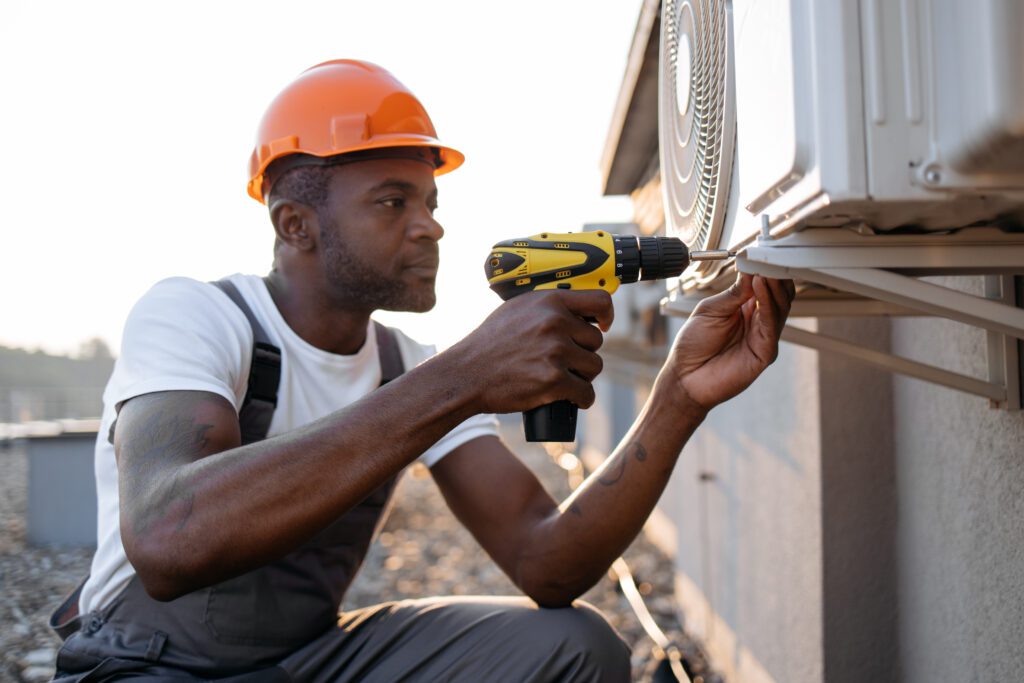Are you considering HVAC replacement but have some questions? In this article, we will cover the basics of HVAC replacement, the process involved, costs associated, maintenance post-replacement, and common mistakes to avoid. Let’s dive in and address all your concerns!
Understanding the Basics of HVAC Replacement
What is HVAC Replacement?
HVAC replacement refers to the process of upgrading or replacing your heating, ventilation, and air conditioning system. Over time, HVAC systems wear out, become less efficient, or simply no longer meet the needs of your home or business. In such cases, it is necessary to replace the old system with a new one that is more energy-efficient and capable of providing optimal indoor comfort.
When considering HVAC replacement, it’s essential to assess the current state of your system. Factors such as the age of the equipment, frequency of repairs, and energy efficiency ratings should all be taken into account. By investing in a new HVAC system, you can enjoy improved air quality, lower energy bills, and a more comfortable living or working environment.
Why is HVAC Replacement Necessary?
There are several reasons why HVAC replacement may be necessary. Firstly, an aging system may start experiencing frequent breakdowns and repairs, resulting in costly maintenance bills. Secondly, outdated HVAC equipment tends to be less energy-efficient, leading to high utility costs. Lastly, an improperly sized or functioning system may fail to adequately heat or cool your space, compromising comfort levels.
Furthermore, technological advancements in HVAC systems have led to the development of smart thermostats, zoning capabilities, and energy-saving features that can significantly enhance the performance of your heating and cooling system. By upgrading to a new HVAC system, you not only improve comfort and efficiency but also increase the overall value of your property.
The Process of HVAC Replacement
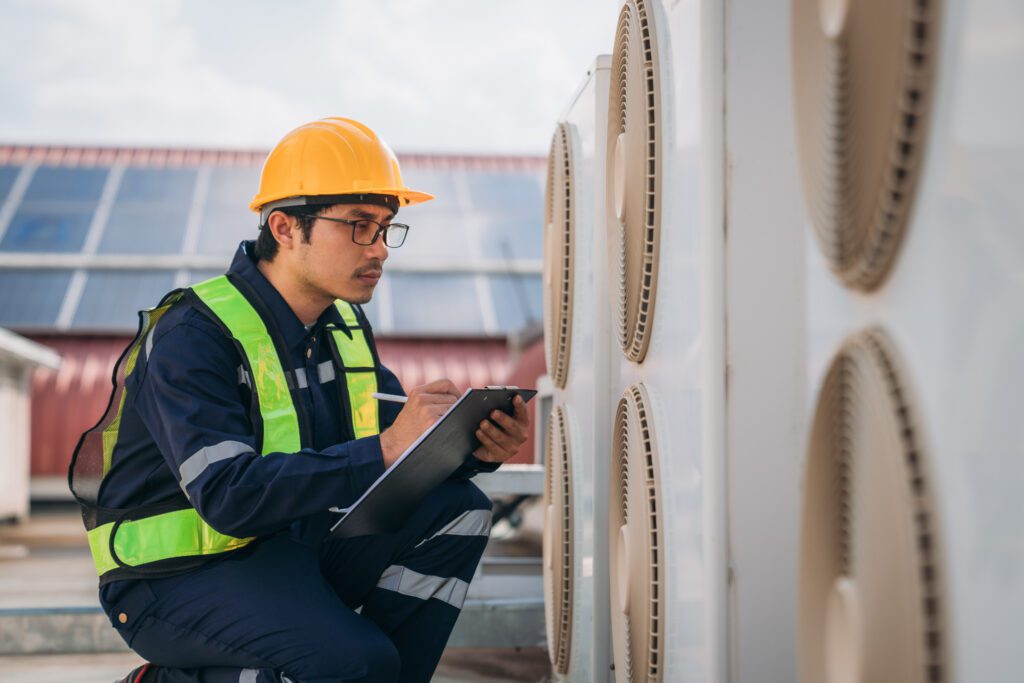
The process of HVAC replacement involves several important steps to ensure a successful and efficient installation. Let’s take a closer look at each stage in detail.
Initial Assessment and Decision Making
The first step is to assess your current HVAC system and determine if replacement is required. A professional technician will evaluate the age, condition, and performance of your existing system. This assessment is crucial as it helps identify any underlying issues that may be affecting the efficiency and effectiveness of your HVAC system.
Based on this assessment, the technician will advise you on whether replacement is the best course of action. They will take into consideration factors such as energy-efficiency advancements and the availability of replacement parts for your current system. By considering these factors, you can make an informed decision about whether it’s time to replace your HVAC system.
Once you’ve made the decision to move forward with HVAC replacement, you will need to choose a suitable system for your home or business. This is where the expertise of a trusted HVAC contractor comes into play.
Choosing the Right HVAC System
When selecting a new HVAC system, it is important to consider various factors to ensure you choose the right one for your specific needs. Factors such as the size of your space, climate conditions, energy efficiency ratings, and your budget all play a role in determining the most suitable system.
Consulting with a trusted HVAC contractor will help you make an informed decision. They will assess your needs, take into account the unique characteristics of your space, and recommend the best system that meets your specific requirements. With their guidance, you can rest assured that you’re investing in a system that will provide optimal comfort and energy efficiency.
After selecting the new system, the installation process can begin. This is where the expertise and skills of professional HVAC technicians come into play.
The Installation Process
The installation process involves more than just removing the old system and replacing it with the new one. It requires careful planning and execution to ensure a seamless transition and optimal performance of the new HVAC system.
During the installation process, the technicians will not only replace the old system but also connect the necessary ductwork and electrical wiring. They will also integrate any additional components, such as smart thermostats or air purifiers, to enhance the functionality and efficiency of the new system.
Professional HVAC technicians are well-versed in the intricacies of HVAC installation. They have the knowledge and skills to ensure that the installation is done correctly and safely. By following industry best practices, they guarantee that your new system will function optimally, providing you with the comfort and energy efficiency you desire.
So, whether you’re considering HVAC replacement for your home or business, remember that it involves a thorough assessment, careful decision making, and expert installation. By following these steps, you can ensure a successful and efficient HVAC replacement process.
Costs Associated with HVAC Replacement
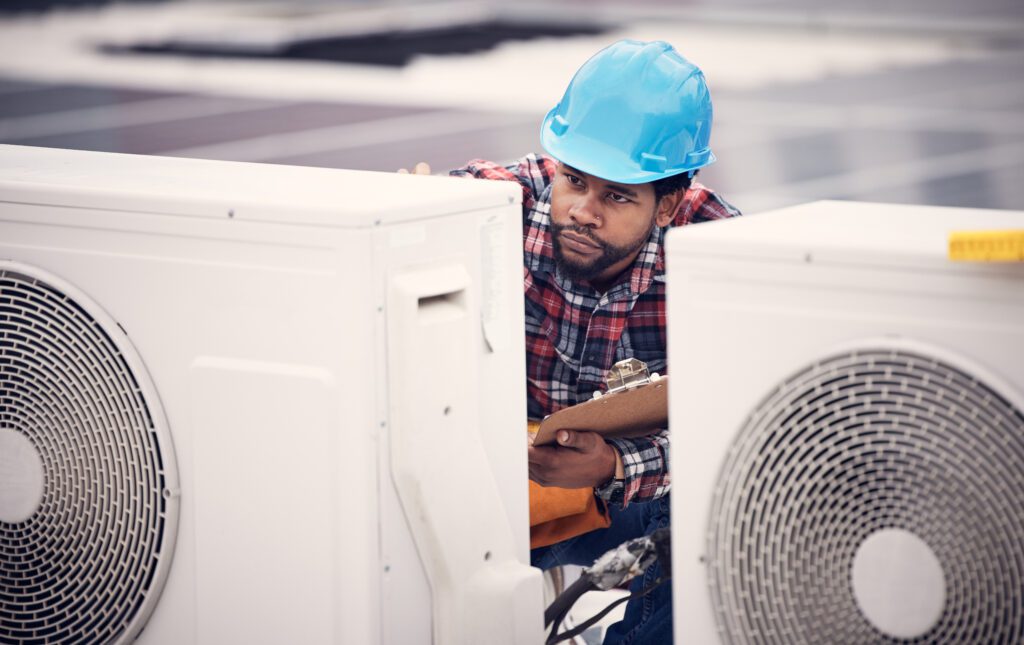
When considering HVAC replacement, it’s crucial to delve into the various factors that influence the overall cost. The size and complexity of the system play a significant role, as larger or more intricate systems will require more materials and labor, thus increasing the cost. Additionally, the type of HVAC unit chosen can impact the price, with high-efficiency models typically commanding a higher upfront investment but offering greater long-term savings.
Furthermore, the inclusion of any additional components or accessories, such as programmable thermostats or air purifiers, can add to the total cost of the replacement. These extras may enhance the comfort and efficiency of your HVAC system but should be weighed against their financial implications. Lastly, the region in which you reside can also affect pricing, as labor rates and material costs vary across different areas.
Estimating Your HVAC Replacement Cost
While providing an exact estimation without specific details is challenging, it’s essential to have a ballpark figure in mind when budgeting for HVAC replacement. On average, homeowners can expect to spend between $5,000 and $10,000 or more for a complete HVAC system replacement. This cost range accounts for factors such as system size, efficiency rating, and any additional components.
It’s important to view HVAC replacement as an investment in your home’s comfort and energy efficiency. Opting for a more energy-efficient system may involve a higher initial cost but can result in substantial long-term savings on utility bills. When exploring replacement options, obtaining multiple quotes from reputable HVAC contractors is key to making an informed decision and ensuring that you receive the best value for your investment.
Maintenance and Efficiency Post-Replacement
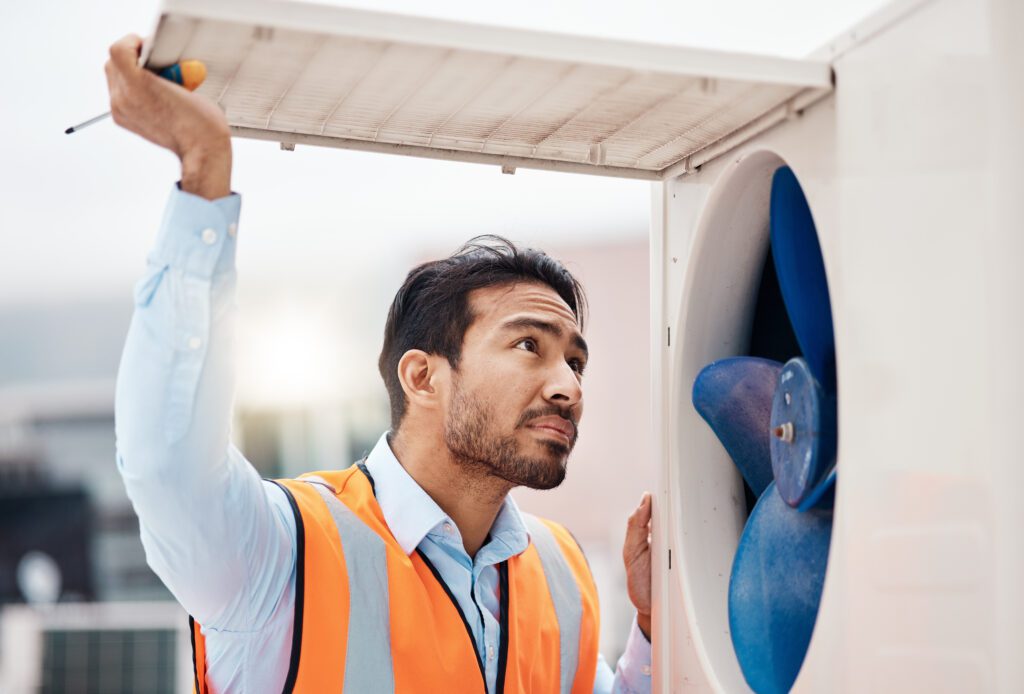
Importance of Regular Maintenance
After HVAC replacement, regular maintenance is crucial to ensure the longevity and efficiency of your new system. Regular inspections, cleaning, and filter replacements can prevent potential issues and help your system operate at peak performance. Additionally, scheduling annual professional maintenance will uncover any hidden problems before they become major and costly repairs.
When it comes to regular maintenance, it’s not just about keeping your HVAC system running smoothly; it’s also about maintaining good indoor air quality. Over time, dust, pollen, and other contaminants can build up in your system, circulating throughout your home and potentially causing respiratory issues. By staying on top of maintenance tasks, you can ensure that your indoor air remains clean and healthy for you and your family.
Enhancing the Efficiency of Your New HVAC System
To enhance the efficiency of your new HVAC system, consider practices such as programming setback temperatures when no one is home, sealing and insulating your ductwork, and keeping vents clear of obstructions. Additionally, using a programmable or smart thermostat can help optimize comfort while minimizing energy consumption and costs.
Another way to boost the efficiency of your HVAC system is to ensure that your home is well-insulated. Proper insulation not only helps maintain a comfortable temperature indoors, but it also reduces the workload on your HVAC system. By sealing any gaps or leaks in your home’s insulation, you can prevent heat loss in the winter and keep cool air from escaping in the summer, ultimately leading to lower energy bills and a more sustainable living environment.
Common Mistakes to Avoid During HVAC Replacement
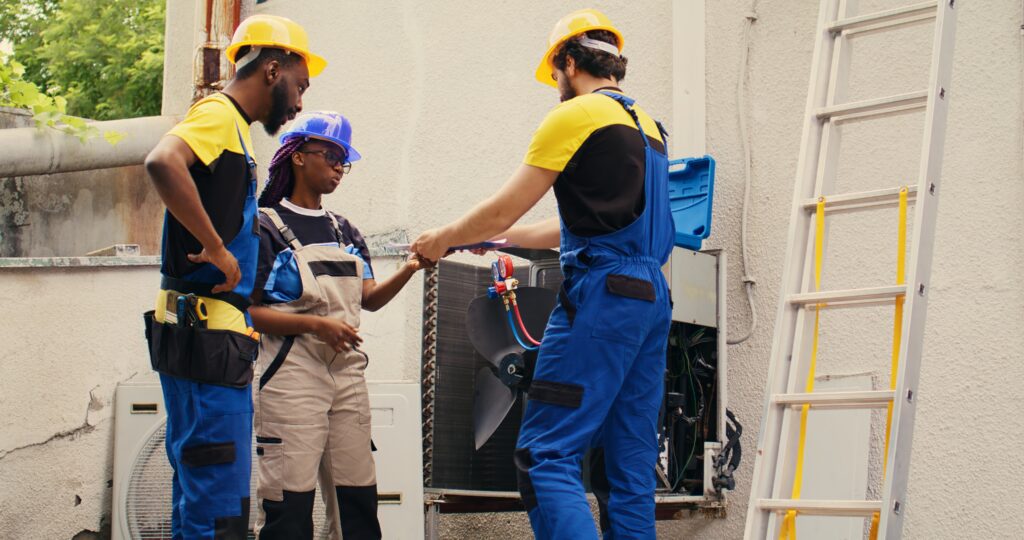
Overlooking Proper Sizing
One common mistake during HVAC replacement is overlooking the importance of proper sizing. An oversized or undersized HVAC system can lead to inefficiency, uneven cooling or heating, and excessive wear and tear. Ensure that your HVAC contractor properly calculates the heating and cooling needs of your space to avoid this pitfall.
Proper sizing of your HVAC system involves a detailed analysis of your home’s square footage, insulation levels, number of windows, and other factors that affect heating and cooling requirements. By conducting a thorough assessment, you can ensure that your new HVAC system is perfectly matched to your home’s needs, maximizing efficiency and comfort.
Ignoring Energy Efficiency Ratings
Another mistake is ignoring energy efficiency ratings. Opting for a less energy-efficient system to save money upfront can result in higher utility bills in the long run. Always consider the system’s SEER (Seasonal Energy Efficiency Ratio) and Energy Star ratings to ensure maximum efficiency and cost savings.
Energy-efficient HVAC systems not only help reduce your carbon footprint but also save you money on your monthly energy bills. Investing in a high-efficiency system may require a larger upfront cost, but the long-term savings and environmental benefits make it a wise choice for both your wallet and the planet.
In conclusion, HVAC replacement is a necessary step to maintain indoor comfort, energy efficiency, and optimal performance. By understanding the basics, going through the replacement process, managing costs, and focusing on maintenance and efficiency, you can make informed decisions about HVAC replacement and maximize the benefits it offers. Avoiding common mistakes will help you enjoy a reliable HVAC system that delivers consistent comfort and improves energy savings. If you have any further questions or concerns about HVAC replacement, don’t hesitate to reach out to a professional HVAC contractor to discuss your specific needs.

